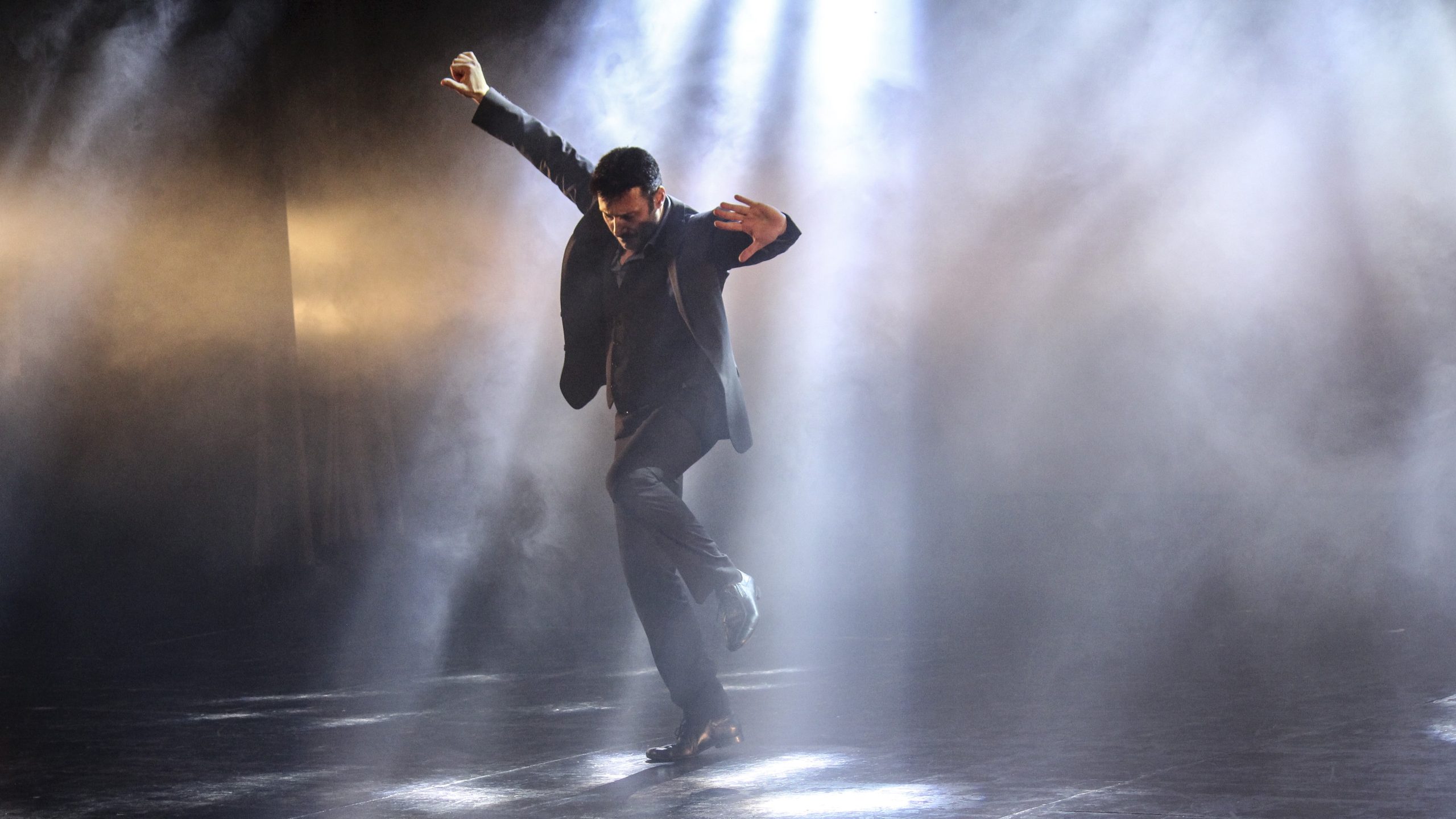By Thodoris Roussos.
Australia is set to host the first ever Zeibekiko Festival from July 1 to July 10. At the events which will take place in Sydney, Melbourne and Adelaide, Christos Shakallis is expected to captivate the audience with his knowledge of the famous Zeibekiko dance.
A few days before the Zeibekiko master is due to arrive in Australia, he talks to The Greek Herald and promises to bring with him the aura of Greece and Cyprus, but also to leave his soul on the stage.
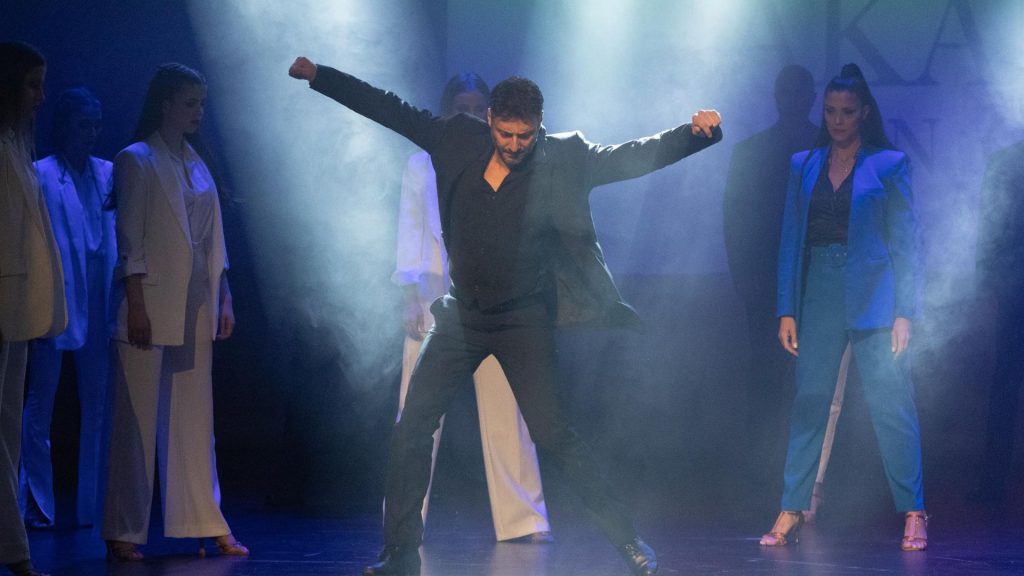
How did you get into dancing?
I grew up in a dancing family. My earliest childhood memories are at the dance school founded and taught by my father and mother. When I was a student, I went straight to dance school after school. The dance school was my second home. From the age of 6, I started my first dance steps. Then, when I turned 14 years old, my interest in dancing became more intense. At this age I realised that dance would define my future.
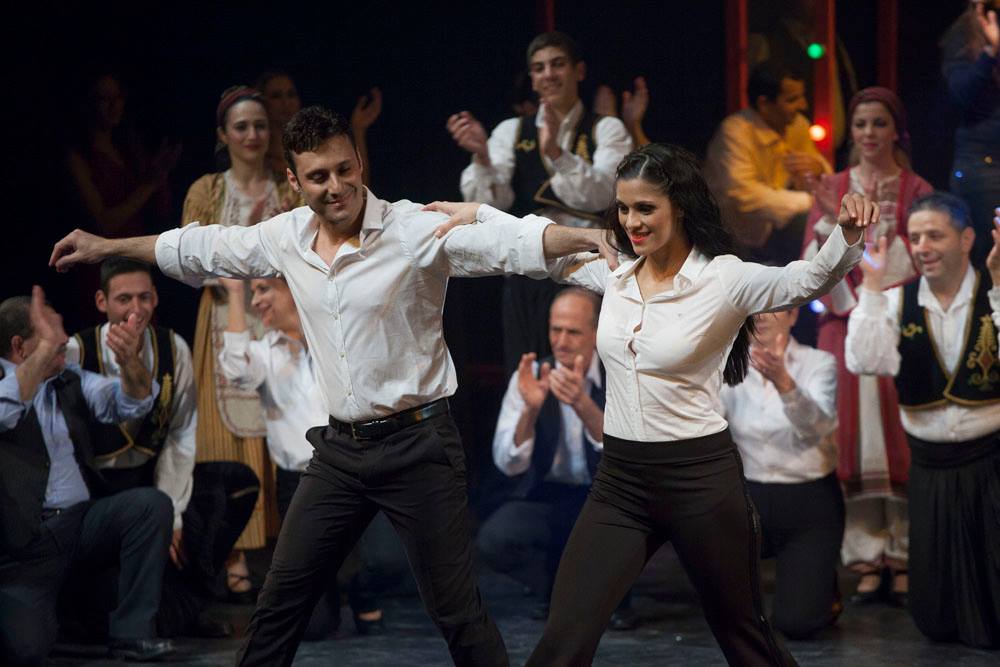
Tell us about your participation in the Refugee Folkloric Group “I ADOULOTI” Shakalli.
The Refugee Folkloric Group “I ADOULOTI” Shakalli was founded in 1975, one year after the Turkish invasion of Cyprus in 1974. The idea for the creation of the group belongs to my father, dance teacher and choreographer, the late Mikis Shakallis. The purpose of the group is to keep alive the spirit of our tradition through dances and music, to preserve the memory of the older dances and to educate the new generation so that they embrace our tradition.
At the same time, we want to make zeibekiko known outside borders. Having as its main tool the performances inside and outside of Cyprus, over time the group was recognised as an “ambassador” of our cultural heritage.
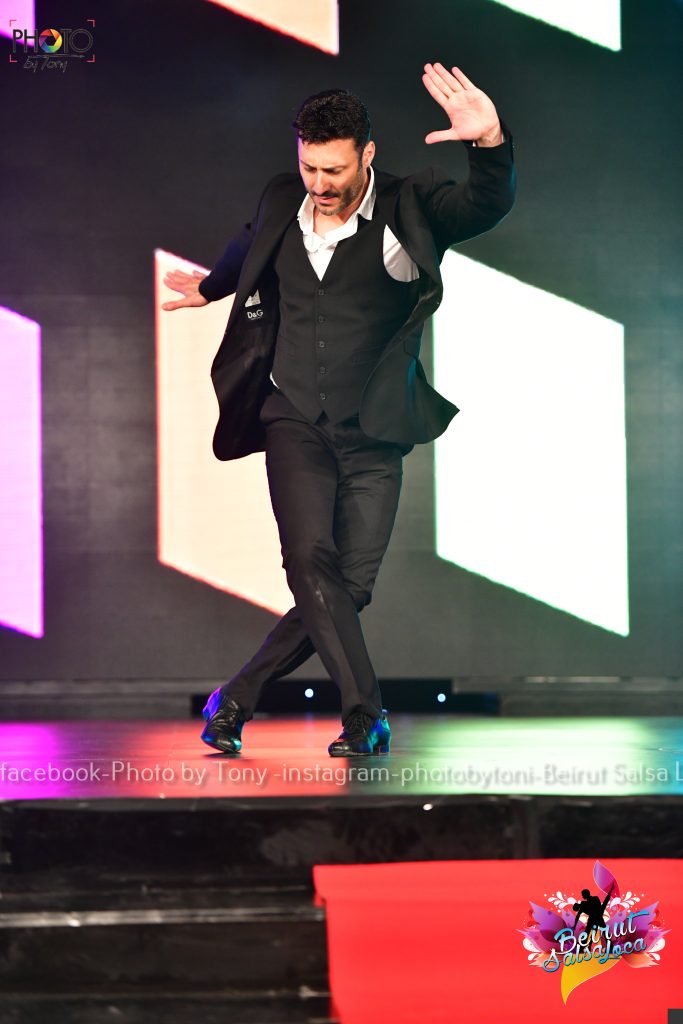
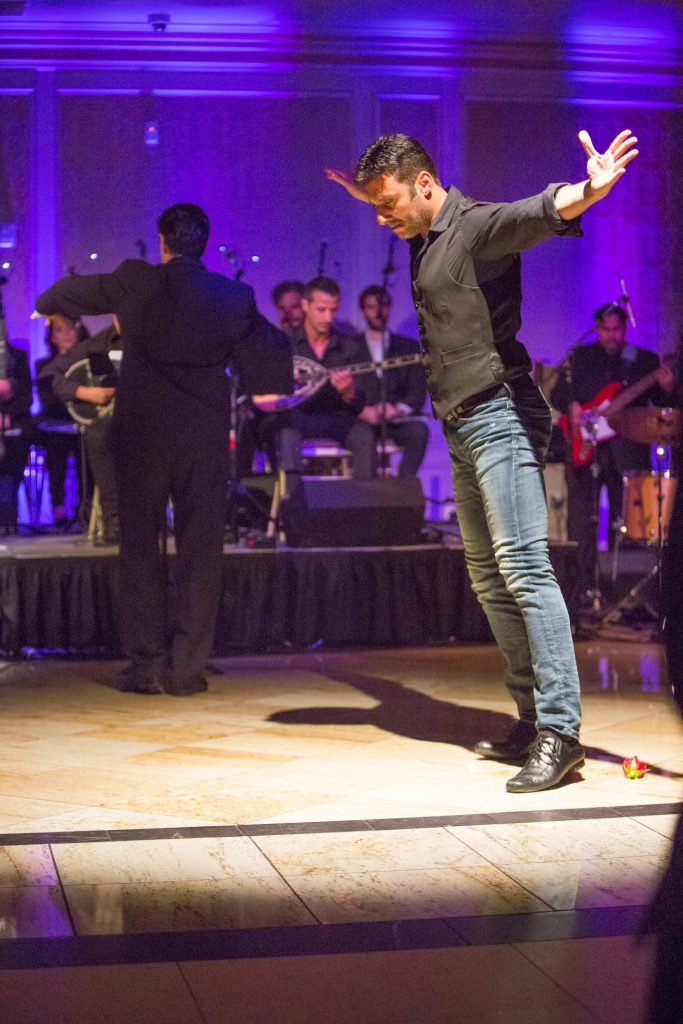
Through my participation in the group, I had the opportunity from a young age to perform and participate in various international festivals organised on all continents. I have participated with the Folklore Society in more than 1000 performances. Therefore, I had the opportunity to gather experiences, images and these would accompany and define my future dance journey.
They say that Zeibekiko has no steps, it is not taught, but anyone can dance it with the feelings which comes out of them. Do you partially agree?
Zeibekiko does not follow a standard pace, but it has a rhythm that should be followed. It is clearly taught like all other dances. In fact, it requires dedication, patience, persistence and of course, many hours of practice.
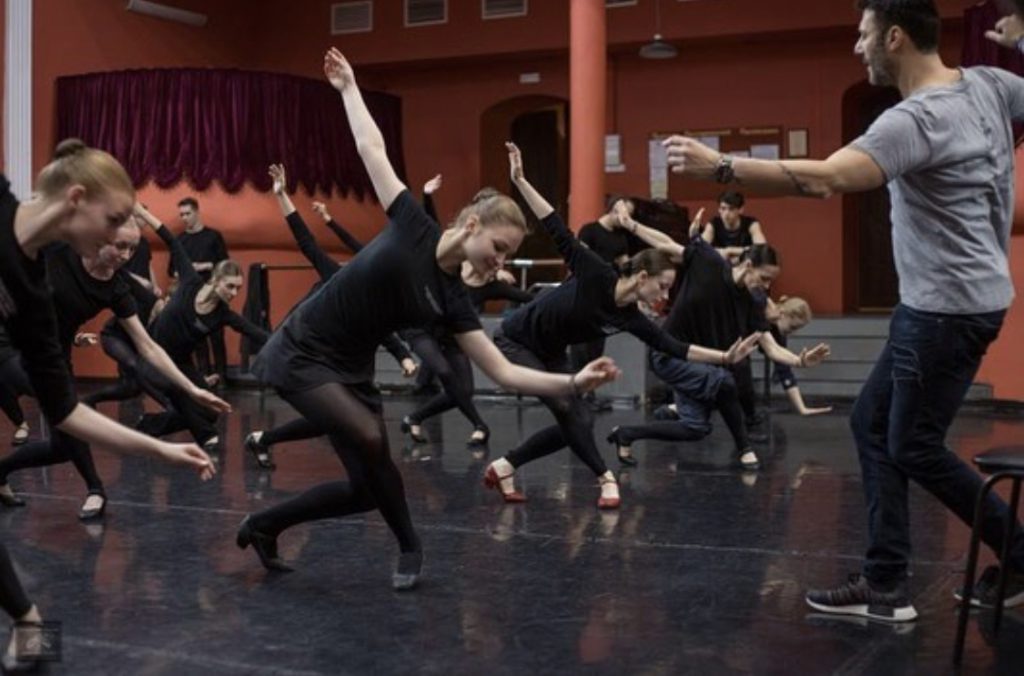
Through the teachings, you become familiar with the basic rhythm but also with its variations. You learn specific movements characteristic of the Zeibekiko dance. You combine and assimilate rhythm and movements to such an extent that you can create freely, follow the music and leave your own mark on the dance floor.
I agree that anyone could dance Zeibekiko. I would add, however, that the correct dance education helps to express ones emotions more easily. This is the main admission of the students themselves after a certain period of time being taught Zeibekiko dance.
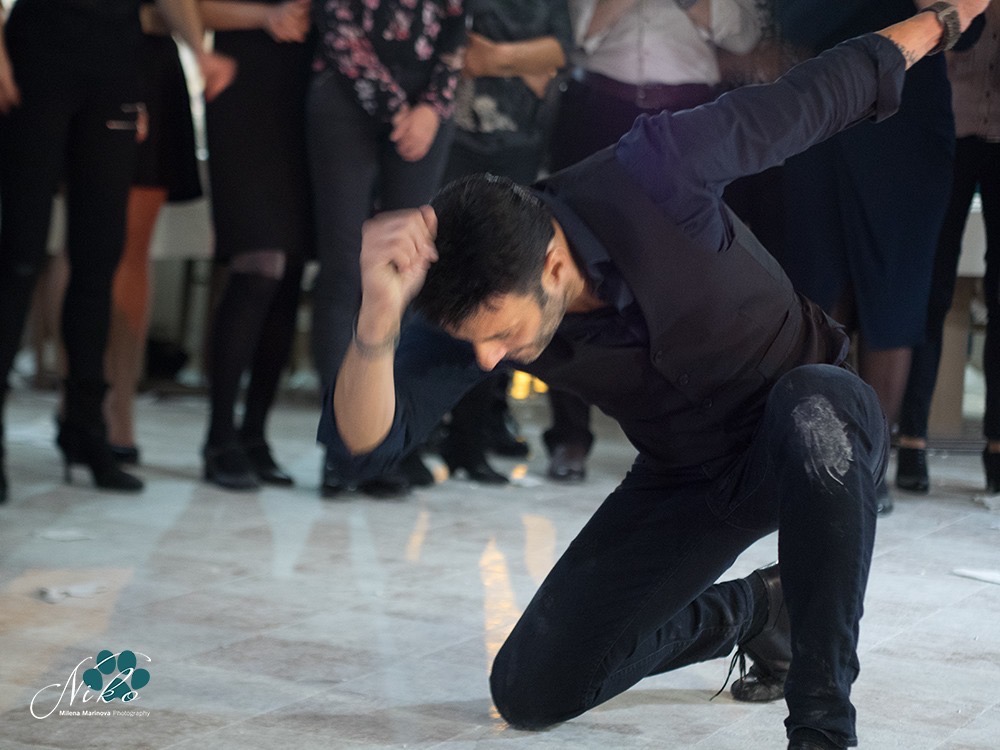
You are a Zeibekiko master. Is this dance your passion?
Zeibekiko shows dynamism and often shows the character of the people. Every time I dance Zeibekiko, I give my soul. Through it, I feel that I am transferring my passions and experiences on stage. Personally, I consider Zeibekiko dance capable of expressing and externalising my feelings. So yes, I would say I have a great passion and love for this dance.
What can people expect from the Zeibekiko Festival Australia?
I have noticed that learning Greek dances is a favourite activity of the Greeks of the diaspora. For my part, I will try to transmit my knowledge to them and provide them with the “tools” that will help them express themselves in dance.
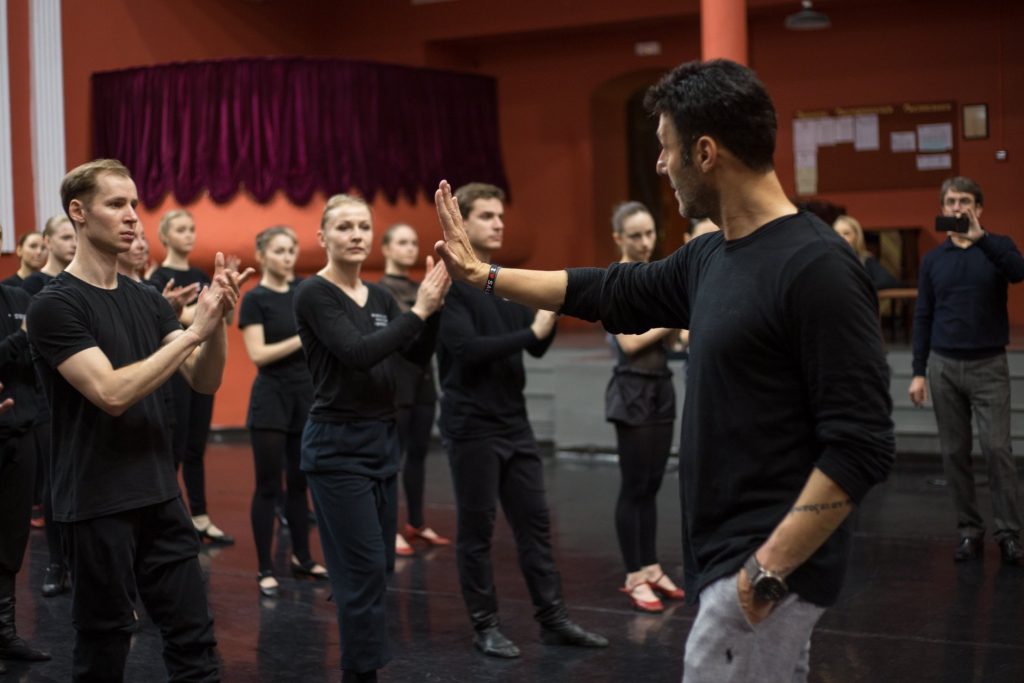
We will listen to music together and understand rhythm, which is inextricably linked to the lyrics. We will learn dance movements, we will place our body and hands correctly, and we will let each Zeibekiko externalise our feelings as Zeibekiko is the best Greek emotional dance.
It is a lonely, painful dance with an inner tension, different for everyone. So, by dancing Zeibekiko, everyone can express their pain in a different way.
During the time that I will be in Australia, I will also try to take them on a dance trip to Greece and Cyprus. I feel that by teaching Zeibekiko dance I will be able to share with them a piece of Greece and Cyprus.

